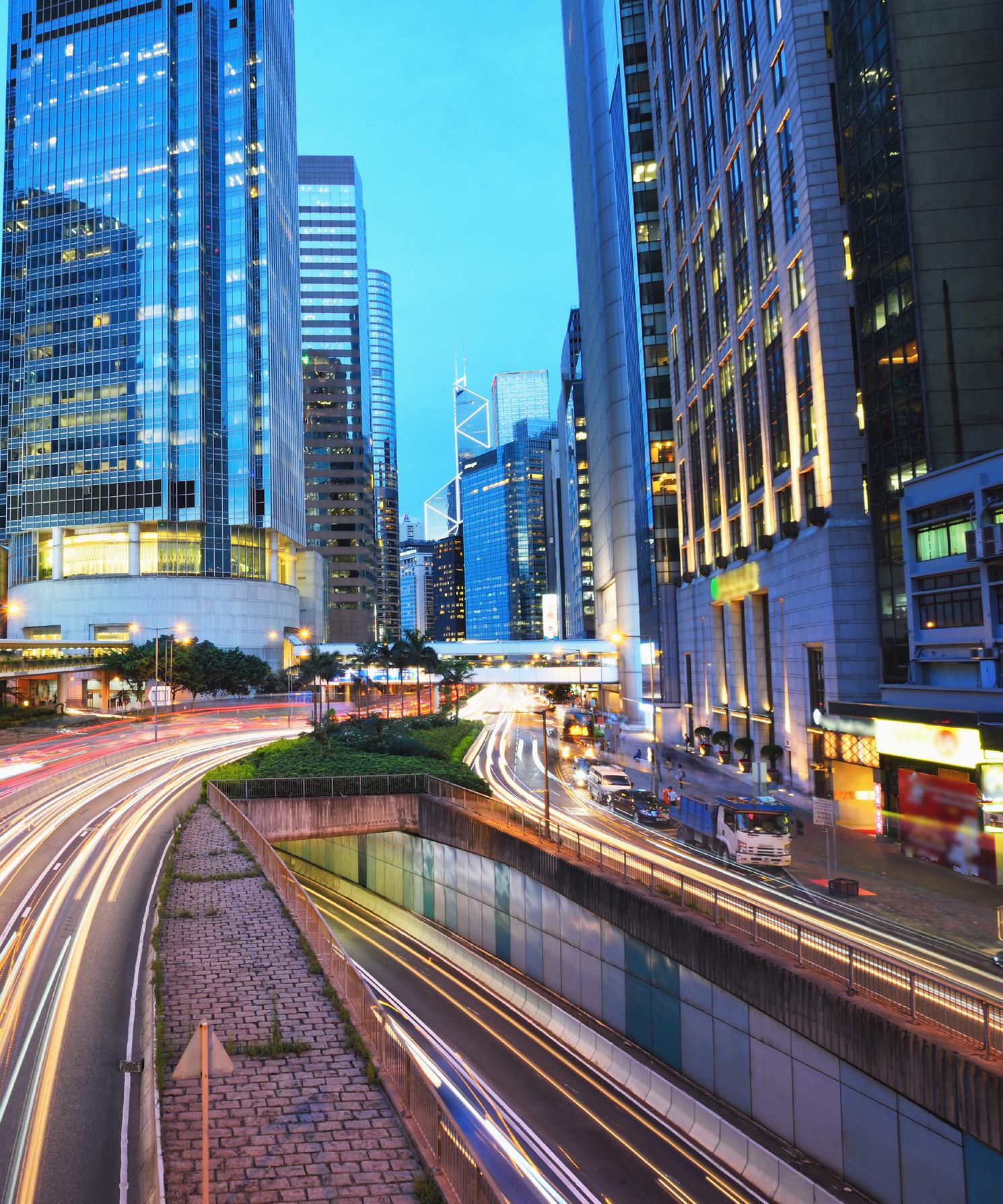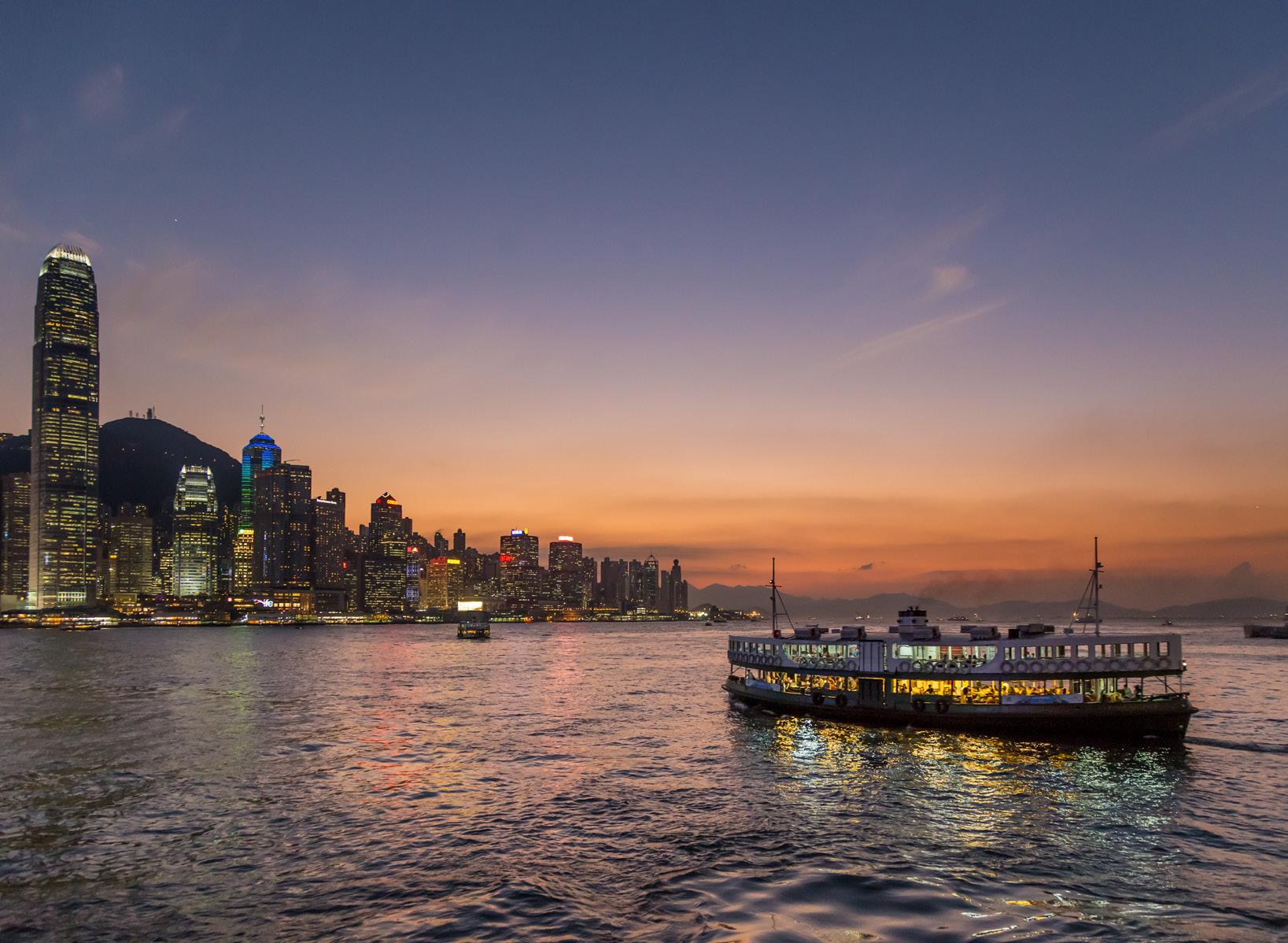
4 minute read
First things first
YOU HAVE ARRIVED… NOW WHAT?
Your checklist to making Hong Kong home
Advertisement
Hong Kong ID card
Anyone in Hong Kong aged 11 or over is required to hold a Hong Kong ID card. If you are planning to stay longer than six months, an application must be made within 30 days of landing. Online appointments are recommended before you go in person to the Immigration Office. Details of the process and the five locations where applications are processed can be found on the Immigration Department website (immd.gov.hk). Immigration Tower (7 Gloucester Road, Wan Chai) is the busiest office but the one most frequented by expats.
Don’t forget to take:
• Passport • Valid visa • Completed application form
You should keep your ID on you at all times as Hong Kong police have the authority to stop and demand identity checks from anyone, at any time. It’s also a good idea to memorise the number since it’s routinely used as an identifier 8 | New Arrivals' Guide
when calling banks or arranging services. Cards are fitted with a smart chip and can be used as a library card. Once your fingerprint has been registered to the chip, you can also use your HKID for quick immigration access via e-Channel in and out of Hong Kong International Airport, Macau and borders crossings with Mainland China.
Octopus card
This Hong Kong essential is a debit style card most commonly used for public transport, car parking and vending machines, but can also be used to buy things like groceries, coffees and settling bills. Cards can be applied for and topped up most commonly at MTR stations, branches of 7-Eleven and Starbucks. You can also apply for the auto top-up so you never run out of credit.
Mobile networks
The cheapest way to stay connected in the city is to buy a local SIM card. You’ll need a phone that is unlocked and you can buy a SIM card
Currency
Hong Kong dollar
Language
English and Cantonese; Mandarin is becoming more widely spoken
Population Over 7 million
Weather
Subtropical climate, with hot, humid summers and frequent rain. Winter is cooler and drier.
Time
GMT +8 (+7 in winter months)
Electricity
220 volts 50 hz. Three-pin UK-style plugs are most common
International dialling code: +852
Emergency number: 999
Expatriate Tax
Once you are settled in, then you’ll want to get your head around Hong Kong tax. If you are a UK or US citizen living away, there’s help available. See buzzacott.hk/
expatriate-tax
from any mobile-phone shop or 7-Eleven. You will need to top it up with vouchers as your credit runs out. All networks offer Englishlanguage instructions for registration.
Once you’re more settled, move onto a tariff with one of Hong Kong’s major networks. The biggest is China Mobile, followed by 3, CSL, PCCW Mobile and Smart Tone Vodafone.
Internet providers
When it comes to a home internet service, you must first check who services your address. PCCW is the most widely available and therefore also the priciest. Other internet providers such as Hong Kong Broadband (HKBN) and i-cable are cheaper and just as reliable, but may not be available in your building.
Banking
It is said that Hong Kong has more banks per square mile than any other city in the world. Most banks offer the same type of generic services and credit and debit cards are widely used. Cheques are not commonly accepted in high-street shops and supermarkets, but can be used to pay for utilities, to settle bills with smaller companies or individuals and are often used to make school payments.
HSBC, Standard Chartered, Citibank, Hang Seng and Bank of China are the most popular banks in Hong Kong and therefore the ones with the most branches and ATMs.
As a general rule, you’ll need the following to open an account:
• Your official ID, such as your passport or HKID card • Proof of address, such as a utility bill or mobile phone bill • Proof of address in your home address • A valid visa

Eat the Kiwi
An online grocer that delivers high quality groceries from producers and farmers in New Zealand. Fruit and Vegetable are packed loose and in a recyclable box with biodegradable insulation, to ensure everything stays fresh. Shop now!
eatthekiwi.com
Cantonese phrases
Good morning: jou-sen (sounds like joesan) Good night: jou-tau (sounds like joe-towe)
Getting around the city
MTR: With 14 unique lines, the Mass Transit Railway is one of the best transport systems in the world, connecting most of Hong Kong to the city.
Taxis: Hong Kong taxis are some of the cheapest in the world, making it easy to get across the city. Passengers have to cover the tunnel tolls and the driver’s return toll. Look out for cross harbour taxi stands where drivers will accept a one-way tunnel fee.
Buses: Mini bus and double decker bus routes cover almost all areas of Hong Kong, except outlying islands. Pay by cash or Octopus.
Ferries: Ferries run between Hong Kong Island and Kowloon as well as to Discovery Bay, Lamma, Lantau and other outlying islands such as Cheung Chau or Peng Chau from designated Central ferry piers.
Trams: Board the tram at the rear end and get off at the front. Pay by cash or Octopus on exiting the tram. No change is given.







